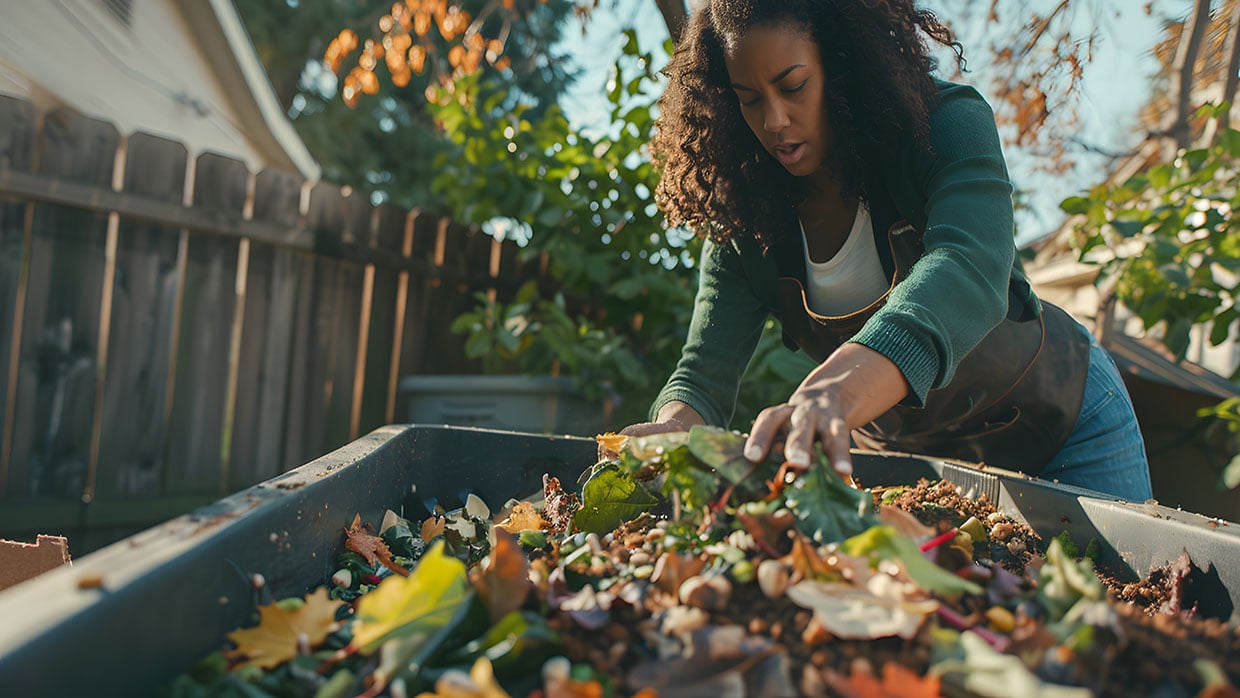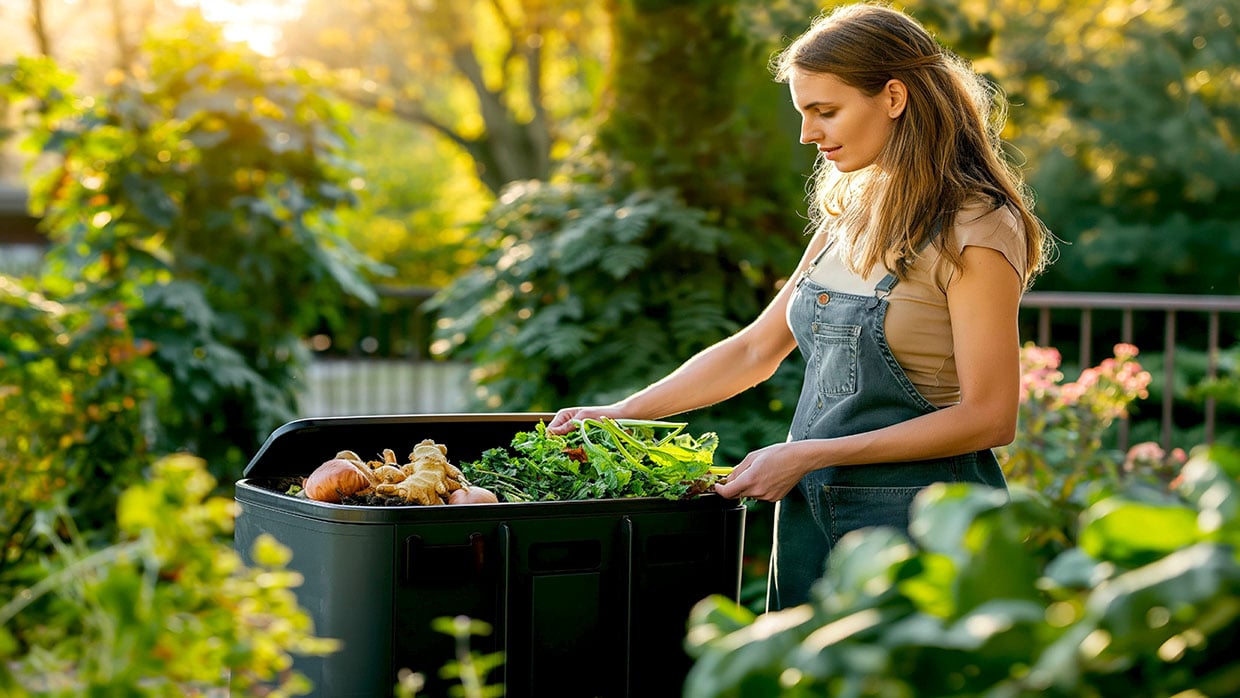Reducing Food Waste: Canada On Guard

Sodexo Canada’s Second International Food Barometer found that 69% of Canadians are currently reducing food waste in their households. Simply put, food waste is food that is intended for human consumption that is not eaten. Food waste isn’t only limited to leftovers that are thrown out but also includes raw materials and produce lost in the harvesting process. This could also mean unsold food from stores, kitchen trimmings, plate waste, by-products from food and beverage processing facilities – the bottom line being that food waste is a significant hurdle towards a sustainable dining, and the more we can reduce food waste, the more we can improve our carbon footprint and impact on the environment.
Steps to Waste Reduction
There are many steps Canadians can take to reduce their own contributions towards food waste. Cooking leftovers instead of throwing them out goes a long way, no matter how tempting it is to order takeout. In fact, more than half of Canadians (53%) systematically cook their leftovers instead of throwing them away. Proper storage methods can make food last longer, and help leftovers maintain their nutritional value – 59% of Canadians are trying to improve on their food storage methods. Recycling food waste, especially by composting, keeps the circle of life going.

Portion Control for Fun and Profit
Shopping can be done more frequently, so food spoils less – we’ve all opened the vegetable drawer in our fridge to find some wilted lettuce before. While staying conscious of how driving might affect our personal carbon footprint, buying less at a time can help to avoid spoilage. This plays right into recalibrating the quantities in our plates – the expression “My eyes were bigger than my stomach” comes to mind. Finally, by planning meals in advance, not only can you make sure you’re consuming a healthier diet full of the vitamins and minerals the human body requires, but you can estimate just how much of each ingredient you really need.
Not Just a Trend – a Movement
Half of Canadians (50%) see improving overall health through a healthier, more balanced diet as a main benefit of sustainable food. 48% see the benefits of sustainable food in reducing food waste. Quebec tends to associate sustainable food with eating and pleasure. Let’s think like Quebecois on this one, Canada: when taste meets environmental responsibility, everybody wins, including the planet!